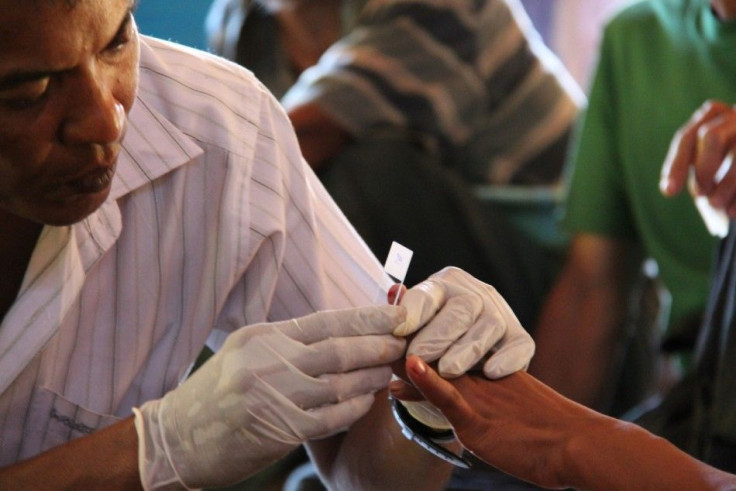Ebola In West Africa Stalling Eradication Fight Versus Malaria

Ebola is getting too much attention in west Africa that it is stalling efforts to eradicate the spread of malaria in the very same region.
That Ebola can be contracted from the body fluids of an infected victim has effectively shunned doctors to pursue the campaign against malaria. A person can only be ruled out or not with the latter if doctor get to draw their blood for tests.
Dr. Bernard Nahlen, deputy director of the U.S. President's Malaria Initiative, said Guinea had already reported a drop of malaria cases by as much as 40 percent in 2014. The decline, however, is not a cause to jump for joy. Nahlen suspects the culprit for the drop is the fear among the residents that they might contract the Ebola when they go to the health facilities. Doctors in Gueckedou had admitted they had stopped conducting blood tests for malaria. Gueckedou is near the village where Ebola first had its Guinea victim a year ago.
According to Nets for Life Africa, a New York-based charity organisation, some 15,000 Guineans in 2013 died from malaria. Majority or a whopping 14,000 of those were children under 5.
"It would be a major failure on the part of everybody involved to have a lot of people die from malaria in the midst of the Ebola epidemic," Nahlen told the AP. "I would be surprised if there were not an increase in unnecessary malaria deaths in the midst of all this, and a lot of those will be young children." So far, Ebola has claimed only 1,600 lives in Guinea, data from the World Health Organisation revealed.
Malaria, a highly preventable and treatable disease, is unfortunately the leading cause of death among children under 5 years old in Guinea, Nets for Life said. It can be contracted once bitten by infected mosquitoes. It has many of the same symptoms as with Ebola, including fever, dizziness, head and muscle aches. Figures of WHO from Gueckedou revealed that in October, 24 percent who tested positive for Ebola also tested positive for malaria, while 33 percent of those who did not have Ebola tested positive for malaria.





















